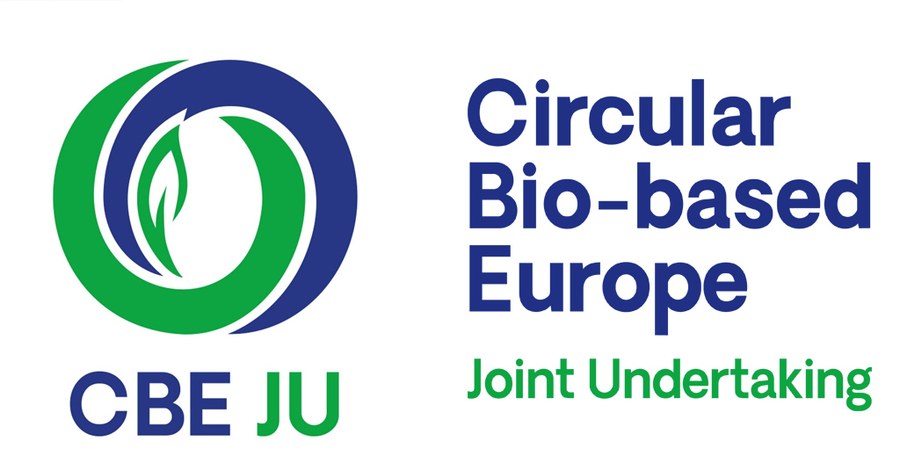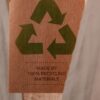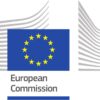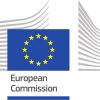
Sustainable micro-algae as feedstock for innovative, added-value applications
Expected outcomes
In line with the objectives of the Bioeconomy Strategy and the Zero Pollution Action Plan, successful proposals will facilitate the deployment of industrial systems based on sustainable biobased feedstock. These systems will also contribute to new EU strategy for a Sustainable Blue Economy implementation and address the EC Communication Towards a Strong and Sustainable EU Algae Sector, by demonstrating improved environmental performances, maximum resourceand energy-efficiency, and optimal cascading use of bio-based feedstock, aiming for ‘zero waste’ and ‘zero-pollution’ operations. Contribution to the objectives of the R&I Mission ‘Restore our Oceans and Waters by 2030, in particular objective 3 ‘Make the blue economy carbon- neutral and circular’.
Project results should contribute to the following expected outcomes:
- Implementation of (environmentally and economically) sustainable micro-algae-based
biorefinery processes. - Availability of a broader range of micro-algae-based products meeting market
requirements. - Social acceptance of circular bio-based solutions and products.
- Decreased energy, water, nutrients and in general resource requirements for micro-algae
production and processing with respect to state-of-art. - Improved environmental impact with respect to fossil- and/or bio-based state-of-the-art counterparts (if existing).
Scope
The valorisation of micro-algae and cyanobacteria into bio-based products is increasing but still relatively limited. Past R&I activities related to strain, process and technology developments have brought significant progress for high-value/low-volume specialties based on micro-algae, produced in bioreactors. At the other end of the spectrum, low-value/higher volume products are produced at large scale in open ponds. There is a range of products for which production technologies are available, but not cost competitive. Presently there is a need to upscale production technologies, including downstream separation and purification, which would allow to cover the mid-price range of products in a cost-effective way, thereby contributing to increasing the market penetration of micro-algae derived chemicals and products.
Proposals under this topic should:
- Demonstrate optimised production, harvesting, and product extraction from micro-algae, cyanobacteria and/or other phototrophic bacteria, including aspects related to automation and control when applicable, including a specific focus on downstream separation and purification (quality and purity) of end products depending on final application requirements. Products in scope are those ingredients and intermediates in the medium price range, for which process technologies exist but are currently not cost-competitive enough to meet market demands. The objective is broadening the range of viable products beyond the high-end products for niche markets whose high value presently justifies the use of high-cost technologies.
- Reduce OPEX and CAPEX with respect to state-of-art, demonstrate the downstream conversion of the produced feedstock into added value products with clear market applications. Cascading and circular use of by-products and side streams is also fully in scope.
- Ensure that production and conversion of the feedstock are cost-competitive, resources efficient and sustainable (in terms of land use, water use, energy use including RES when it provides added value to the overall business case, nutrients intake, CO2 and effluents). Regarding the optimized production, consider strain selection, optimization, accumulation (intracellular storage) and extraction of desired products, their yield, stability, toxicity, and quality, including purity.
- Include a task to integrate assessment based on the safe-and-sustainable-by-design (SSbD) framework, developed by the European Commission, for assessing the safety and sustainability of chemicals and materials. Under this context, projects are expected to contribute with and develop recommendations that can advance further the application of the SSbD framework. Proposals must apply the concept of the ‘multi-actor approach’ and ensure adequate involvement of all key actors in the value chains relevant for this topic, across the sustainable circular bio-based system, including end users and consumers (when targeting B2C products).
Proposals should also describe their contribution to the Specific CBE JU requirements, presented in section 2.2.3.1.
Proposals should seek for links and complementarities and avoid overlaps with past, ongoing and upcoming EU funded projects, including those funded under H2020, HEU and the BBI JU and CBE JU, and should ensure a link and synergy with the ‘Restore our Oceans and Waters’ Mission100 and parallel activities supporting the EU Algae initiative. Collaboration among projects from the same topic are encouraged.
General Information
In line with the objectives of the Bioeconomy Strategy and the Zero Pollution Action Plan, successful proposals will facilitate the deployment of industrial systems based on sustainable biobased feedstock. These systems will also contribute to new EU strategy for a Sustainable Blue Economy implementation and address the EC Communication Towards a Strong and Sustainable EU Algae Sector, by demonstrating improved environmental performances, maximum resourceand energy-efficiency, and optimal cascading use of bio-based feedstock, aiming for ‘zero waste’ and ‘zero-pollution’ operations. Contribution to the objectives of the R&I Mission ‘Restore our Oceans and Waters by 2030, in particular objective 3 ‘Make the blue economy carbon- neutral and circular’.
Project results should contribute to the following expected outcomes:
• Implementation of (environmentally and economically) sustainable micro-algae-based
biorefinery processes.
• Availability of a broader range of micro-algae-based products meeting market
requirements.
• Social acceptance of circular bio-based solutions and products.
• Decreased energy, water, nutrients and in general resource requirements for micro-algae
production and processing with respect to state-of-art.
• Improved environmental impact with respect to fossil- and/or bio-based state-of-the-art
counterparts (if existing).






Sustainable micro-algae as feedstock for innovative, added-value applications 0 reviews
Login to Write Your ReviewThere are no reviews yet.